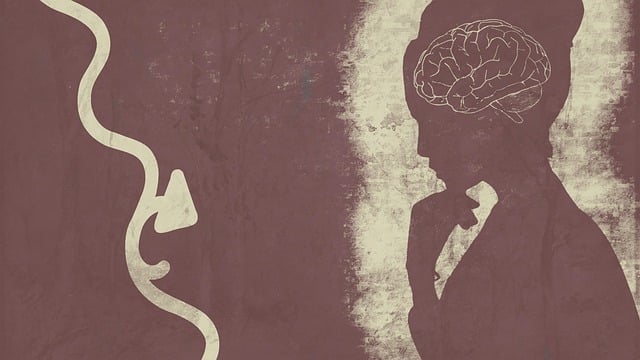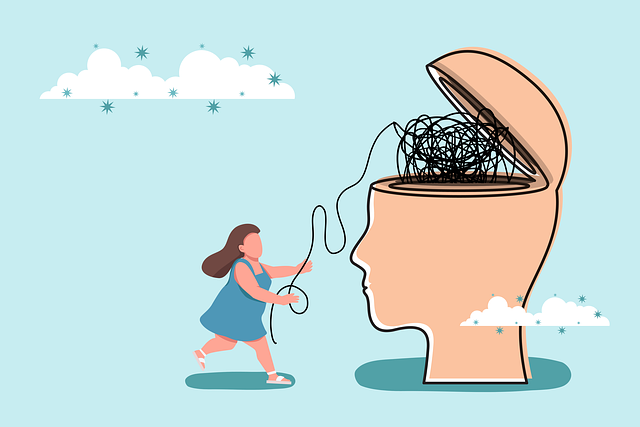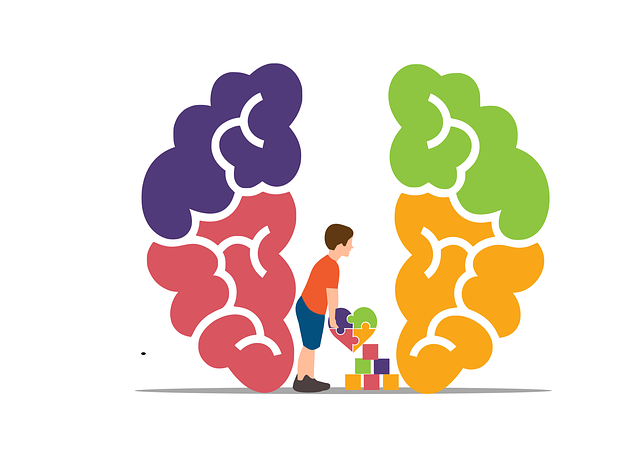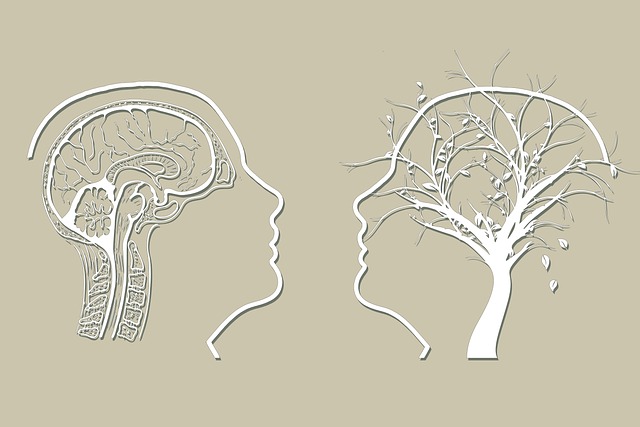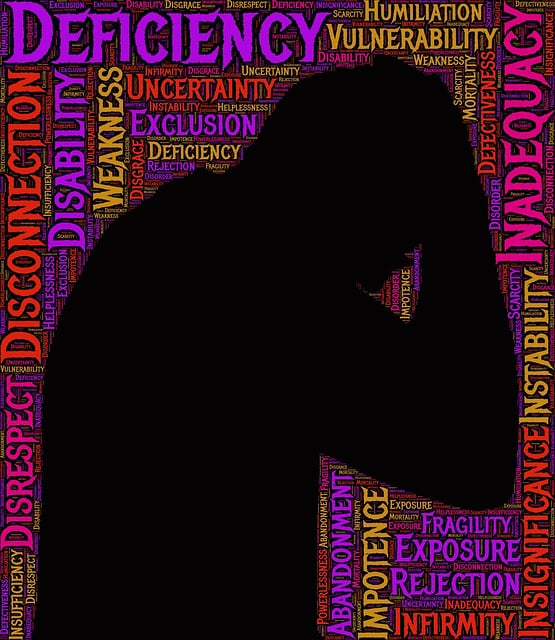Children with dissociative disorders, caused by traumatic events, can find relief through tailored therapy involving cognitive behavioral therapy (CBT), trauma-focused care, mindfulness, self-awareness exercises, and resilience-building routines. Early intervention is crucial for managing this complex condition. Therapy provides coping skills, processes trauma, and promotes mental wellness through safe spaces like play therapy, education programs, journaling, stress management, and mental health podcasts. These interventions support children's overall development, enhance their ability to face challenges, and prevent depression.
Coping skills development is a crucial aspect of supporting children with dissociative disorder. This comprehensive guide explores strategies tailored to address this complex mental health challenge. We delve into understanding dissociative disorder in children, highlighting the transformative power of therapy in fostering resilience. By examining effective coping mechanisms and providing unwavering support, parents and caregivers can empower kids to navigate their mental health journey with strength. Embrace evidence-based approaches, from cognitive-behavioral therapy to creative outlets, to unlock a path toward healing and growth for young minds grappling with dissociative disorder.
- Understanding Dissociative Disorder in Children
- The Role of Therapy in Coping Skills Development
- Effective Strategies for Building Resilience
- Supporting Children's Mental Health Journey
Understanding Dissociative Disorder in Children

Dissociative Disorder in children is a complex mental health condition that often requires specialized therapy to address effectively. This disorder arises from traumatic experiences, causing disruptions in an individual’s sense of identity, memory, and perception of reality. Children with dissociative disorders may exhibit symptoms such as memory gaps, altered states of consciousness, and detached feelings towards themselves or their surroundings.
Early intervention is crucial for managing this condition. Therapy for children with dissociative disorder often involves a multi-faceted approach, combining elements of cognitive behavioral therapy, trauma-focused therapies, and mindfulness practices. Mental health professionals conduct thorough risk assessments to tailor interventions appropriately. Self-awareness exercises help these children understand their experiences, while self-care routine development is essential for promoting resilience and overall well-being.
The Role of Therapy in Coping Skills Development

Therapy plays a pivotal role in coping skills development, especially for children grappling with dissociative disorders. This therapeutic process offers a safe and supportive environment where kids can learn to regulate their emotions, process traumatic experiences, and build adaptive coping mechanisms. By employing evidence-based techniques such as cognitive behavioral therapy (CBT), play therapy, and eye movement desensitization and reprocessing (EMDR), therapists help children develop a deeper understanding of their feelings and behaviors.
For instance, CBT equips children with cognitive restructuring skills to challenge negative thought patterns, while play therapy allows them to express emotions in a symbolic and non-threatening manner. These therapeutic approaches not only enhance mental wellness but also foster mental health awareness from an early age. Public awareness campaigns centered around mental health can further support the development of coping skills by normalizing conversations about emotional well-being, thereby encouraging children and their families to seek therapy when needed.
Effective Strategies for Building Resilience

Building resilience is a crucial aspect of coping skills development, especially for children navigating mental health challenges such as dissociative disorders. Therapy plays a pivotal role in this process by providing a safe space for children to express their experiences and emotions. Through tailored interventions, therapists can guide young individuals towards understanding and managing their dissociation, thereby enhancing their ability to cope with stressful situations.
One effective strategy is incorporating mental health education programs designed to foster self-awareness and emotional regulation skills. These programs can include guidance on mindfulness practices, stress management techniques, and grounding exercises that promote a sense of calm and control. Additionally, encouraging children to engage in regular Mental Wellness Journaling Exercises can be transformative. This practice allows them to introspect, process their emotions, and identify patterns, ultimately empowering them to proactively manage their mental health. Burnout prevention is also essential; teaching children healthy coping mechanisms prevents emotional exhaustion and promotes long-term wellness.
Supporting Children's Mental Health Journey

Supporting children’s mental health journeys is an essential aspect of their overall development and well-being. Early intervention and appropriate coping skills can significantly impact a child’s ability to navigate life’s challenges. One effective approach in this regard is therapy for dissociative disorders, which has proven beneficial for many young individuals struggling with mental health issues. Dissociative disorders often stem from traumatic experiences and can manifest as detachment from reality, memory lapses, or even altered sense of identity.
Through specialized therapy sessions, children can learn to manage these symptoms and develop healthy coping mechanisms. The process involves creating a safe and non-judgmental environment, fostering empathy building strategies, and teaching them to recognize and express their emotions effectively. Additionally, mental wellness podcast series production targeting children and parents can offer valuable insights, tips, and resources for enhancing mental health literacy. These podcasts often incorporate engaging narratives and interactive exercises, making complex concepts accessible while promoting open discussions about emotional well-being—a crucial element in depression prevention among younger audiences.
Coping skills development is a vital aspect of supporting children with dissociative disorder. By understanding the condition and utilizing effective strategies, such as therapy tailored for children with dissociative disorder and building resilience, we can significantly enhance their mental health journey. These approaches foster resilience, enabling kids to navigate challenges and lead fulfilling lives. Through dedicated support, therapists play a crucial role in empowering children to overcome dissociative symptoms and thrive.

